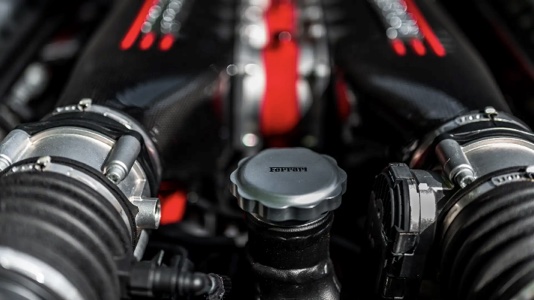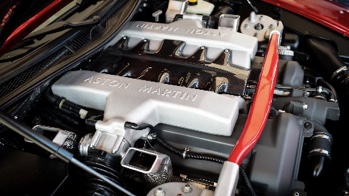
What do you hear when you start up your car? Is it the roar of high performance or more of a mechanical screech for help? If your car is sounding more like the latter, don’t turn up the radio; your car may need your help!
But unless you’re a mechanic, it can be hard to differentiate between the various knocks, bangs, and clangs coming from your engine. So, as a part of our commitment to after-sales care, we have created an engine noise diagnosisguide to help you keep your car purring.
Valvetrain Noise: A Clicking Caution
If your car’s engine is making a rhythmic clicking or chattering sound while you’re driving at moderate speeds, your valvetrain may be acting up. This problem is a common issue in older cars with high mileage. The noise usually happens because of either excessive valve clearance or a faulty hydraulic valve lifter.
To find out what’s causing the noise, stick a thickness gauge between the valve stem and the lifter. If the noise goes down, it’s probably because of too much clearance, which can be fixed with a few adjustments. But if the noise doesn’t go away, you might have worn lifter faces, rough cams, or loose lifters. Weak valve springs can also be part of the problem. Taking care of valvetrain issues immediately is critical because they can cause more severe engine damage if you ignore them.
Detonation: The Knocking Menace
Engine knock, also called detonation, is a serious problem that can mess up your engine. If you hear a metallic knocking or pinging noise, it could mean that the ignition timing is off, the air/fuel ratio is too lean, or the fuel octane level is low.
To avoid detonation, you can use higher octane fuel, which is less likely to cause detonation. Another option is to add more fuel to the air/fuel mixture to reduce the chances of detonation.
An aftermarket water injection system can also be a solution in some cases. This system sprays water into the combustion chamber, cooling the temperature and pressure and preventing detonation.
Connecting Rod Noise: Identifying the Knock
If you hear a faint knocking sound from your car’s engine, it could be a sign of a serious problem, especially if it’s noticeable at a constant RPM. One possible cause of this issue is connecting rod troubles, which may be caused by worn bearings, misaligned rods, or not enough lubrication.
You could also do a cylinder-balance test to determine which rod is acting up. This involves disabling spark plugs one at a time while the engine is running so you can identify the problematic rod; noise will reduce when its corresponding cylinder loses power. Once you figure out which rod is causing the trouble, you can take the necessary steps to fix the issue, which could mean replacing worn bearings or realigning the rod. Ignoring this issue could lead to a major engine failure that would be costly and dangerous.

Piston Pin Noise: The Metallic Double Knock
Engine trouble can be a real headache, especially when you hear a metallic double knock that sounds like valvetrain noise. This knocking usually happens when you’re idling with advanced spark timing. Worn piston pins, loose parts, or inadequate lubrication can cause this. It can seriously damage your engine if you don’t take care of it.
Thankfully, a cylinder-balance test can help you identify the problem. This test measures each cylinder’s power contribution so you can easily determine which part is causing the trouble. If the test shows that one or more cylinders aren’t contributing enough power, it’s probably a piston pin issue. When that happens, it’s best to consult a qualified mechanic to diagnose and fix the issue before it causes any more damage.
Piston Ring Noise: Acceleration Anomalies
If you hear a weird noise from your car’s engine during acceleration, it might be the piston rings, not the valves. This noise happens when the rings have low tension or are worn out. Remove the spark plugs and pour a tablespoon of engine oil into each cylinder to check this. Then, turn the engine on to spread the oil and see if the noise disappears. If it does, the piston rings are likely the problem.
Piston Slap: The Bell-Like Hollow
Have you ever heard a weird, bell-like sound coming from your car’s engine? Well, that’s what we call piston slap. It can be a warning sign that your engine needs some attention. If the noise only happens sometimes when you start your car in the morning, it might not be an urgent issue. This happens for several reasons, from worn-out pistons to insufficient lubrication. The key is to keep an ear out for the noise and take your car to a mechanic to check it out. They’ll be able to tell you what kind of repairs you need.
What Does Your Car Have to Say?
Whether you have a station wagon or sedan, with this engine noise diagnosis guide, you should be able to decipher the mechanical language of your car to ensure it’s always running smoothly. If you have any further questions about your vehicle, feel free to contact our customer care team.


